Moving to Copenhagen for my year abroad felt like I was detached from a lot of the activism I had participated in Edinburgh. In my second year, I was very comfortable in my activism space and moving away forced me to look outwards. I decided to do another instalment of Celestial Bodies…
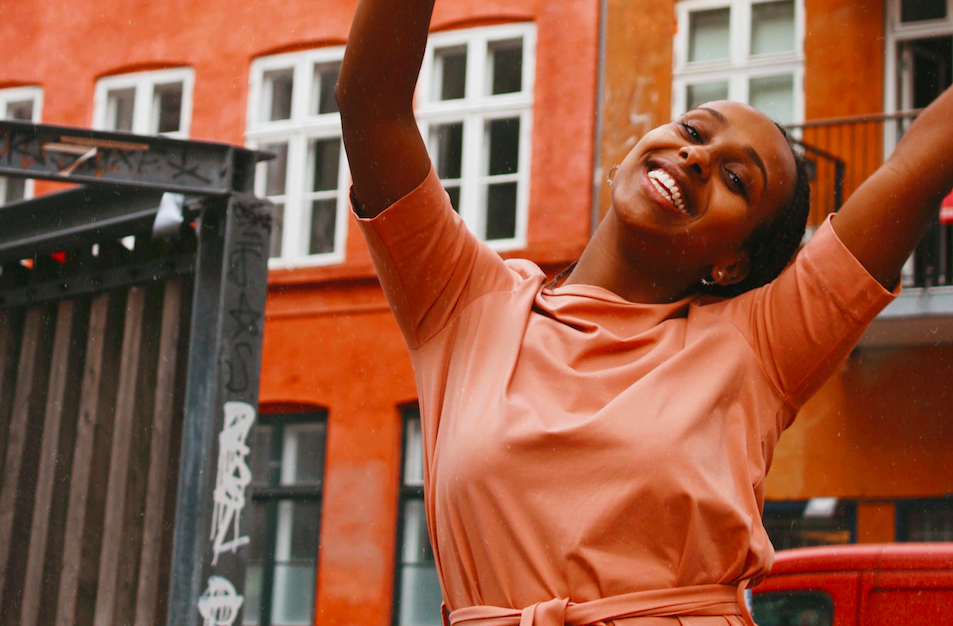
Bella Neergaard on ‘Women of Colour in Copenhagen: A Celestial Bodies Photo series’
Moving to Copenhagen for my year abroad felt like I was detached from a lot of the activism I had participated in Edinburgh. In my second year, I was very comfortable in my activism space and moving away forced me to look outwards. I decided to do another instalment of Celestial Bodies.

On Celestial Bodies
Celestial Bodies is a project I created with some other fantastic women of colour in Edinburgh which aims to celebrate marginalised bodies that are rarely represented. The last projects have explored body image amongst women of colour and the QTIPOC community. Women of colour in Denmark are not often talked about in mainstream media in the UK, so I decided to focus the next installment on this. When you think of Denmark, what comes to mind? Bicycles, pasties, equality? I wanted to challenge this idea that Denmark was a perfect socialist utopia, because that narrative is almost always told by the white Danes.
Denmark has changed a lot since I last left in 2005. The anti-Islam Danskfolkeparti (Danish People’s Party) has rose to power, and even more recently the ethnonationalist party, Stram Kurs, (which literally translates as ‘Hard Line’) was heavily in the news. The Danish government has listed 22 ‘ghetto areas’, where more than 50% of its residents are non-white immigrants and people convicted receive double the sentence for the same crime. Having lived outside of the country for a long time, I’ve been living in ignorance about Denmark. I wanted to talk to women of colour about what it’s like to live in this hostile environment that is supposed to be their home. I had a lot to learn, and I needed to hear the truth and wanted to put in the work.

Sitting down and talking to the three women was incredibly liberating. They were so eloquent about their experiences and really let themselves be vulnerable which I really admired. One of the interactions that really stuck with me particularly was with Eden. Eden is a 23 year-old woman adopted in Denmark when she was three, but originally is from Harar in Ethiopia. When I met Eden, she was quite shy but funny and giggly. Her true soul shone through in her interview and her photos. She talked a lot about wanting to go back in time to tell her younger self that she is beautiful and perfect the way she was and that she didn’t need to change anything. That reflection hit me quite hard, as I myself questioned if I was in that place of acceptance.
Eden also mentioned that her Danish friends wanted her to feel Danish, despite not understanding her struggle and how it feels to live in Denmark and not really be Danish. I related to this quite a lot. A lot of my white friends are like, “oh, Isabella, you really need to chill out because you fit in just fine!” But they don’t see the microaggressions that you experience, they rarely do. It also made me realise my privilege having Danish citizenship, Danish heritage and looking ethnically ambiguous. The woman at the bank was extremely condescending to me about opening a Danish bank account until she saw my passport, Danish NemID and last name. A lot of second-generation Danes (often called ‘New Danes’) don’t always have that, a privilege I was very much confronted with.
On the images
I love the images so much because they represent the individual so well. I had only chatted to each woman on Facebook briefly, but I really tried to make each photo session less of a photoshoot but more of a conversation with a camera. I worked with a wonderful photographer for Eden’s photos (shoutout to Jamila Versi), and had my iPhone camera for Dorica and Yaa’s photos. I am not a photographer at all, but I love to capture the essence of the other person. Yaa’s photos in nature were compelling and powerful, channeling the persona of ‘Yaa Lioness’ she had before talked about in her interview. Dorica’s smile stood out in her photos and her eyes really exudated her kindness and her easy-going nature. I really love the photos, and will always go back to look through them in the future.



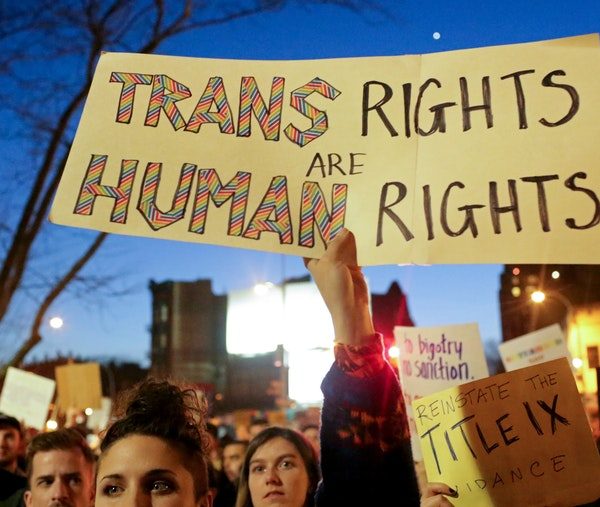
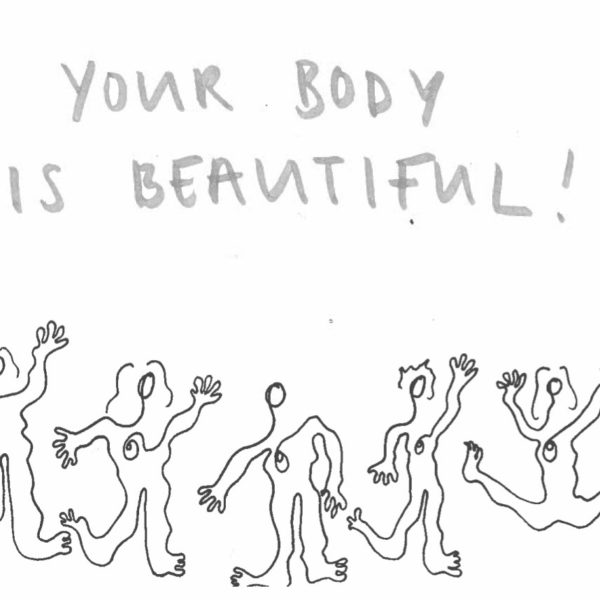
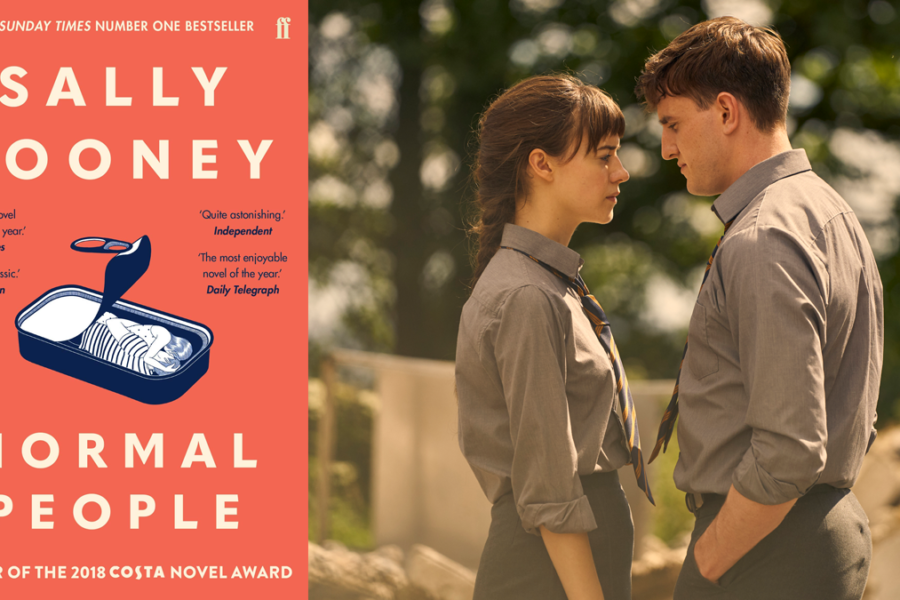
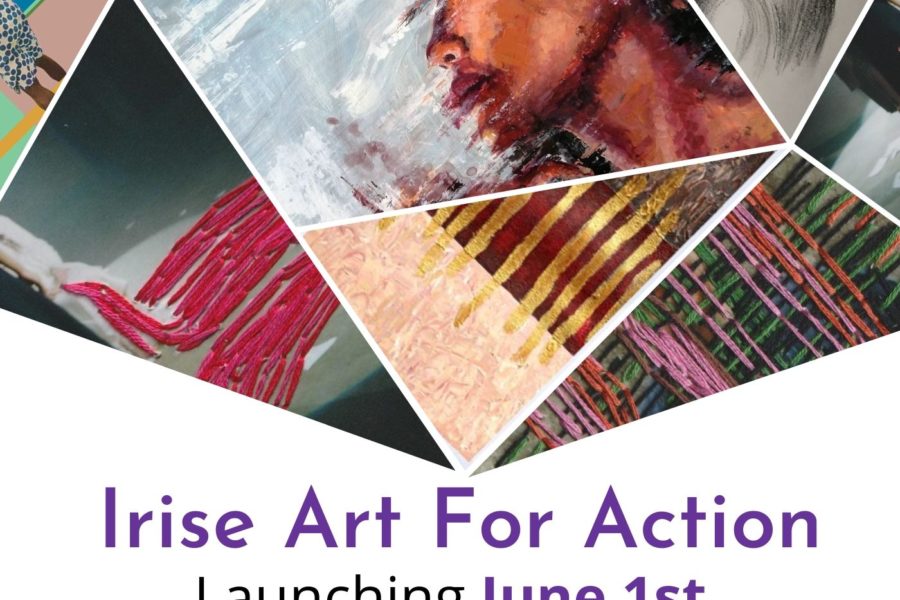
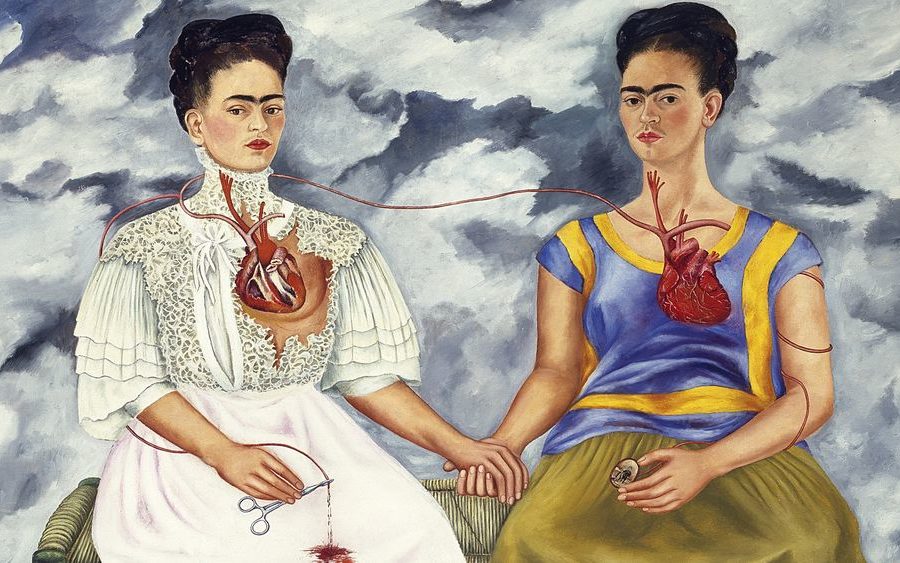
Leave a Comment